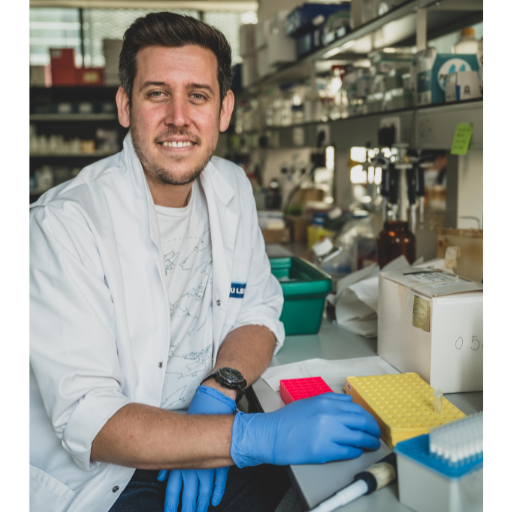Genes and Lipids: at the Cross Road of Inflammation and Alzheimer’s Disease

About the Research Project
Program
Award Type
Standard
Award Amount
$199,568
Active Dates
July 01, 2021 - December 31, 2023
Grant ID
A2021034S
Goals
We aim to link human genetics and cellular and molecular biology, to determine how alterations in lipid metabolism modify the inflammatory processes that take place in the Alzheimer’s disease brain.
Summary
We hypothesise that that human microglia are the main transducer of the genetic risk for AD. The specific genetic make-up of human microglia cells affects their response to amyloid pathology, and contribution to the transmission of toxicity to neurons and other brain cells. We plan to characterise the functional impact of genetically altering AD risk genes in human stem cell derived microglia. We will 1) use in vitro platforms to confirm the successful genetic editing and 2) move to our human microglia xenotransplants model to study mutant human microglia in their native environment.
Unique and Innovative
We plan to combine unparalleled in vitro and in vivo systems in order to determine the relevance of genetics and lipid metabolism in shaping the inflammatory response that occurs in the Alzheimer’s disease brain.
We will use chimeric models, transplanting human microglia into the rodent brain in combination with cutting edge single-cell RNA-sequencing, and CRISPR/Cas9 gene editing technology to model human specific aspects of brain disease.
Foreseeable Benefits
This study will provide insights into how genetic risk influences the overall landscape of the pathological responses of human microglia in AD.
This approach represents the first of its kind, and we expect it will serve as a unique platform to validate strategies tackling inflammation in human neurodegenerative disease models, being of significant interest to the whole field.
Related Grants
Alzheimer's Disease Research
Leveraging How the Brain’s Immune Cells Fuel Frontotemporal Dementia
Active Dates
July 01, 2025 - June 30, 2027

Principal Investigator
Laura Fumagalli, PhD
Current Organization
Flanders Institute for Biotechnology
Alzheimer's Disease Research
Blocking Jumping Genes to Stop Brain Inflammation in Alzheimer's Disease
Active Dates
July 01, 2025 - June 30, 2027

Principal Investigator
Joseph Herdy, PhD
Current Organization
The Salk Institute for Biological Studies
Alzheimer's Disease Research
Monitoring Neural Activity and Neuroinflammation in Alzheimer’s Disease
Active Dates
July 01, 2025 - June 30, 2028

Principal Investigator
Feng Tian, PhD
Current Organization
Beth Israel Deaconess Medical Center



